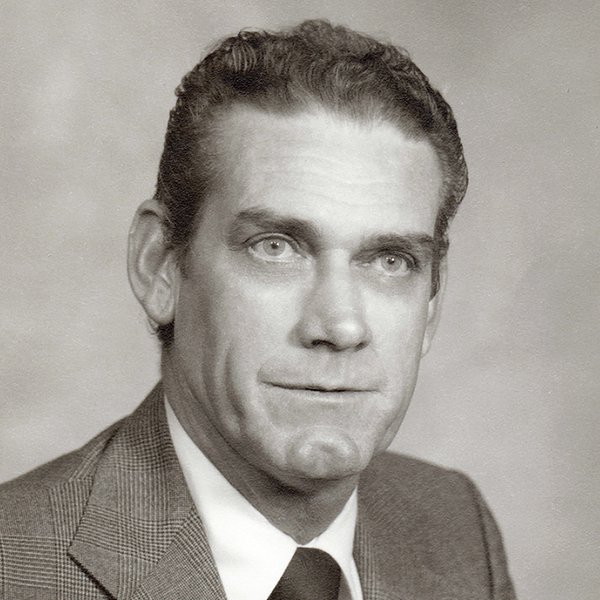
Class XXVIII
Bruce Oakley
Bruce Oakley built a business from a single dump truck from which he hauled lime fertilizer in 1968 to a diversified commodity trading, distribution and transportation company based in North Little Rock with $1.3 billion in sales in 2014. Oakley passed away in 2006 at the age of 70, but his son Dennis and family continue to grow the business he created with customers and suppliers around the world. The company now deals in trucking, barge traffic, fertilizer, river ports, grain merchandising, bagging services, river towing and fuel distribution, all areas that impact the agricultural community. Oakley saw the potential of the McClellan-Kerr Arkansas River navigation system and opened his first port in North Little Rock in 1977. Today, Bruce Oakley, Inc. owns and operates 13 river ports and terminals in seven states, including five in Arkansas. It is one of the leading fertilizer distributors in the United States and operates a fleet of more than 650 trucks from four terminals that operate throughout the United States, Canada and Mexico. Its grain division includes six elevators in Arkansas and markets more than 50 million bushels of Arkansas corn, rice, wheat, soybeans and grain sorghum annually. Bruce Oakley was a visionary. He dropped out of school after the 10th grade, never obtained a college degree and joined the Navy. He eventually returned home to El Paso to raise cattle. After becoming frustrated he couldn’t purchase bulk fertilizer and lime for his pastures, he envisioned a way to do so for himself and his neighbors. Oakley combined the gift of knowing what people needed with the rare ability to build and manage an organization capable of consistently delivering on its promises. “His legacy is the people who are still working for the company,” Dennis Oakley said about his father. “Many of them knew him and still do business the way he thought it should be done.” Honesty and integrity are hallmarks of Bruce Oakley, Inc. Life lessons the late Bruce Oakley taught Dennis were, “Always do what you say you’re going to do,” and “Never bet the farm.”
